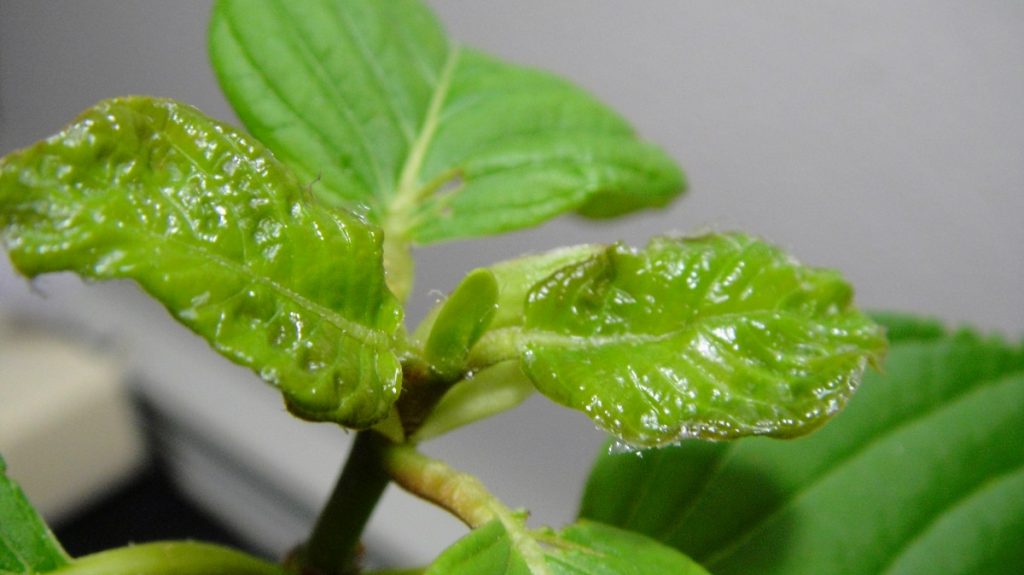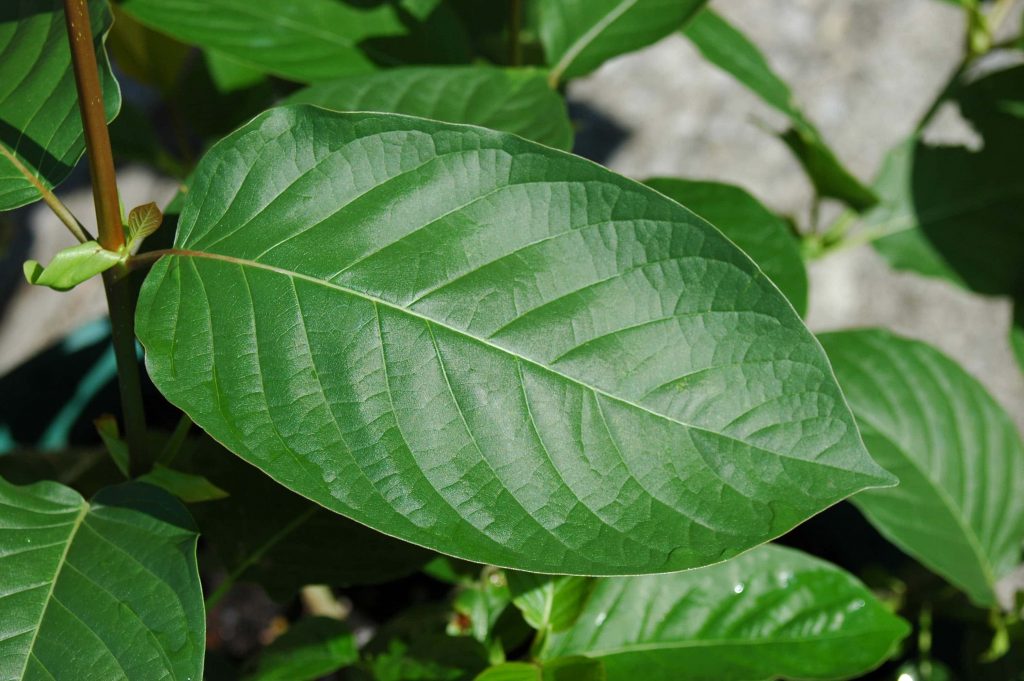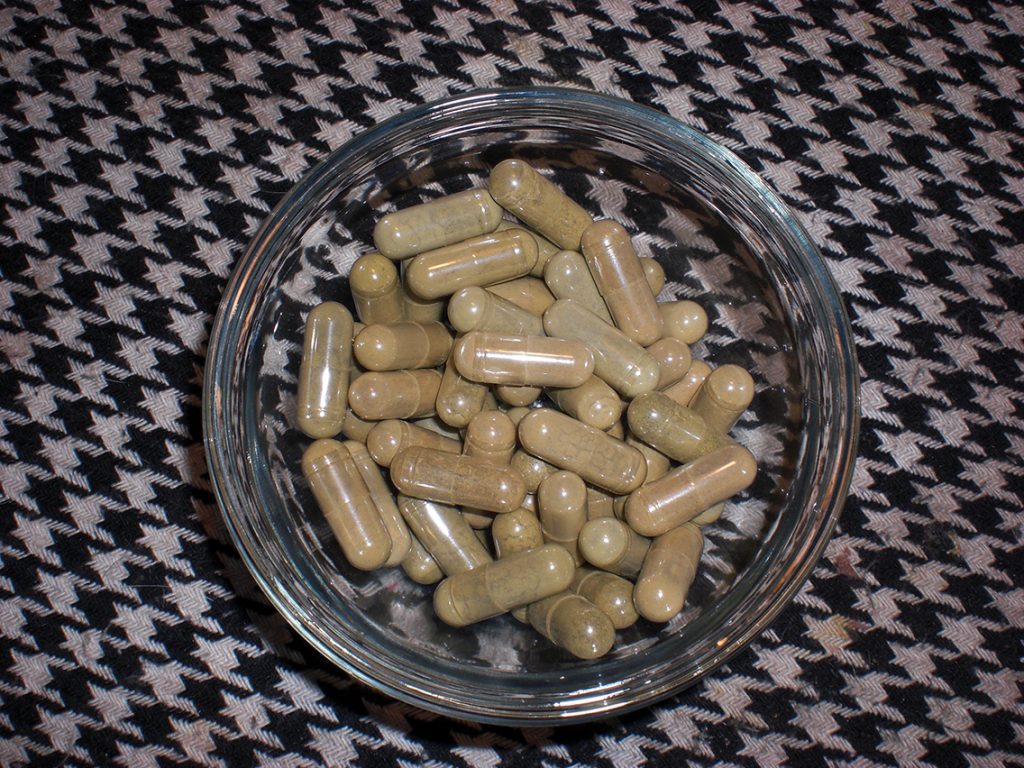Choosing to Ban Kratom Rather than Learn from it.

Introduced to the Kentucky Senate by Senator Whitney Westerfield (a Hopkinsville Republican) on January 28th 2016, the controversial Senate Bill 136 is about to make yet another natural remedy illegal. Initially, the bill in case was related to restrictions on possession and trafficking of hydrocodone derivatives and synthetic opioids, just before a committee sub added one more ban to the bill – a Kratom prohibition.
The argument was, unsurprisingly, quite unoriginal, and with that being said, alarmingly pantophobic as well: we have no knowledge of “where they’re all coming from, we don’t know what’s in them always and what impact and effect they have on the mind and the body and what kind of impairment they can create”, as Westerfield himself explained. With the bill still in progress, we take some time to revise on what we do or, as the Senator claims, do not know.
Kratom’s soothing ways (Justification)

Kratom, or Mitragyna speciosa is a “tropical deciduous and evergreen tree in the coffee family”, as Wikipedia cites. All throughout Southeast Asia, to which Kratom is native, the plant grows both cultivated and wild, and is being used as a traditional remedy for centuries. Consumed as a pain and anxiety soother, it now legally manages chronic pain and withdrawal agony in 46 of the 50 states in the US.
And, while the American Kratom Association argues that Kratom is most certainly not a drug, but a synthetic-free herbal supplement that increases energy and fights depression, very similar to tea or coffee, the authorities are quick to forbid its usage due to the insufficient scientific knowledge of its pharmacological effects.
The case is therefore simple – instead of studying what’s already been proven, we prolong the everlasting war that Western medicine has declared against Eastern remedies. The motives are surely well known.
Prohibition of natural remedies (Defence)

There’s another thing we do know – the Kratom controversy stems from many reasons, none of which are specifically health-related. And the Kentucky case, being one of many, is a textbook example. With the country’s rates of heroin addicts and those infected with Hepatitis C continuing to grow, it seems paradoxical (if not suspicious) that the Senate is asking for debarment of the only accessible natural solution for withdrawal pains.
Fearing the experience, addicts are more likely to refuse opium and heroin secession; dealing with physical pain and emotional trauma, Kratom makes withdrawal not only possible, but bearable as well. Unlike some common prescription drugs, it doesn’t cause dependence nor does it induce nausea, unless taken continuously and in excessive doses for long periods of time.
Instead of producing a feeling of disorientation common in medications, it allows users to return to their everyday activities with lucidity and vitality.
To detect the problem, we don’t need to look any further than into alternative drugs usually used for heroin withdrawal. Both methadone and suboxone are highly addictive, but there’s a catch – they are also very expensive. And if we know that Kratom trees were banned from Thailand back in 1943 in spite of the region’s obvious decline in opium addiction, which consequently reduced the government’s tax revenue, it seems that the case behind the Kentucky Kratom bill is very easy to crack.
Inexpensive to buy and legal to own, Kratom is slowly becoming one more threat for pharmaceutical moguls and tax-collectors. By publicly stamping it as yet another “legal high” that only leads to further drug addiction, the vicious (and highly profitable) cycle of addiction, Hep C/HIV infection and prescription withdrawal continues.
Health over financial interest (Plea)
With the bill being introduced to the Kentucky House of representatives, Westerfield hopes that its conclusion will carry a penalty of up to 30 days in jail for those found guilty of possessing Kratom. Opposing such a verdict, Senator Perry Clark, a Democrat from Louisville, draws public attention to scientific studies already conducted by the University of Mississippi and the importance of understanding nature’s ways of aiding humanity: “We should not be banning this substance. We could be studying this substance.”
Clark is followed by a number of responsible users gathered under the wing of the American Kratom Association, whose testimonies demonstrate the herb’s soothing effects. They all appeal for the case to be conducted objectively, hoping that their health will prevail over financial interest.

Permalink